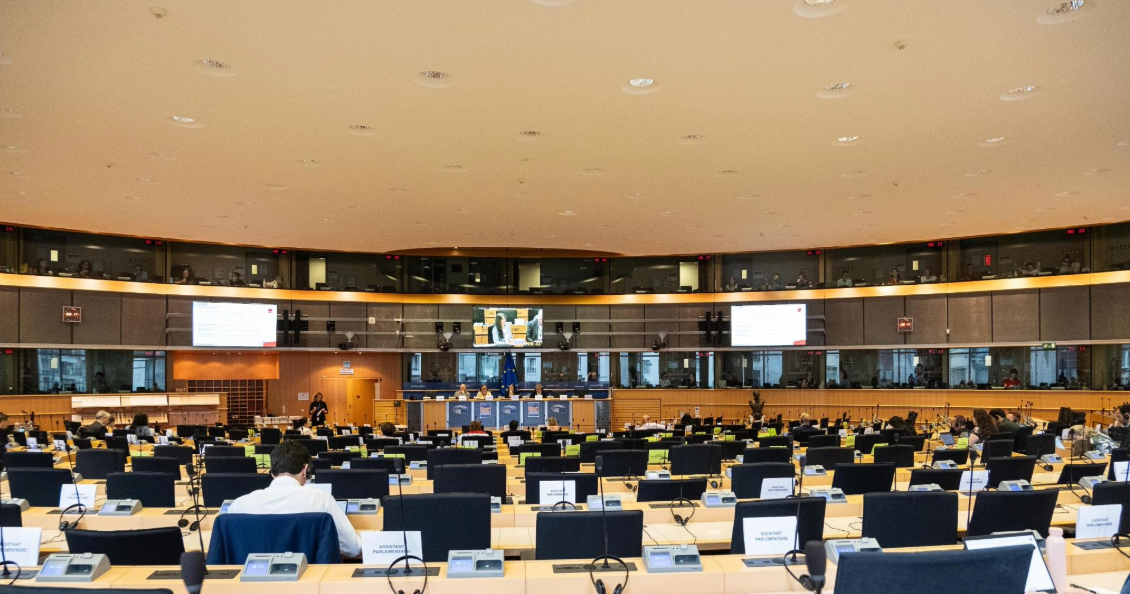COVID-19 has brought the world to a standstill. Many industries have been forced to shut down, and workers are suffering the brunt of the impact. However, all over the world, unions are stepping up to protect their workers.
IATSE, the North American entertainment workers’ union and UNI affiliate, has urged the government in both Canada and the USA to take decisive action to ensure that workers are not decimated financially by COVID-19 measures.
Entertainment workers are among the most precarious in the current situation – gig workers who expected to work only a day, a week, a month or a season on a production are finding themselves without planned wages and benefits. Freelancers who work on several different projects across the year are not covered by traditional existing paid leave programmes.
“Right now, thousands of our members across all sectors of the entertainment industry are suffering financial hardship because of government mandated cancellations,” said Matthew D. Loeb, International President of IATSE. “Entertainment workers should not be collateral damage in the fight against the COVID-19 virus.”
New legislation recently passed in the US is a decent start to providing relief to workers in the form of paid leave, but thousands of freelance workers in the entertainment sector will not qualify because they haven’t worked long enough on the same job and they don’t have a relationship with a single employer.
“In the entertainment industry, many workers do not work every day or even every month and are completely overlooked by relief efforts which focus on upon employees. We’ve seen some welcoming signs in Europe, where some countries have taken steps to extend paid leave to freelancers as well,” said UNI Global Union General Secretary Christy Hoffman. “It’s urgent that the US and Canada follow suit and do not leave these important workers out in the cold.”
“It’s vital that relief measures are evoked as soon as possible to provide effective emergency relief for workers who have felt the economic consequences of Coronavirus the hardest,” said IATSE’s Loeb.


